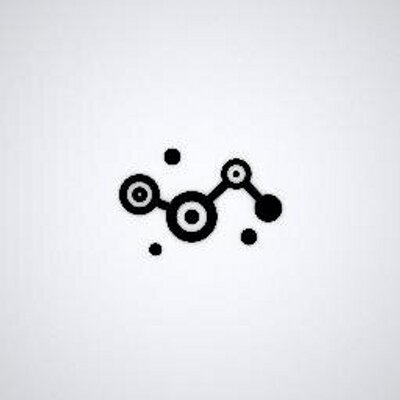
In addition to stimulating further understanding about the role of male sex hormones in accelerating aging, the researchers hope their work will have wider implications. And this appeared to be also true for mouse where we had data from many tissues and in both males and females," Dr Hore adds.

#TOTOVISION SKIN#
"Most researchers use blood for measuring biological age, and we did this for sheep too however, it was not blood but skin where we found sex-specific aging effects in the DNA of sheep. MR study finds no causal link between age at menarche or age at menopause and Alzheimer's risk.
#TOTOVISION TRIAL#
Phase 1 open-label trial shows SARS-CoV-2 DNA vaccine induces durable immune response.Study investigates the link between gray matter and white matter neurodegeneration in subjective cognitive decline.In contrast, tissues without male hormone receptor expression looked the same in males and females. skin, kidney and brain) large differences between the DNA patterns in males and females was observed. In tissues where the male hormone receptors are found (e.g. To understand which tissues are strongly affected by hormone levels, the researchers looked at sex effects in mice. This provides a clear link between castration, male hormones and sex-specific differences in DNA aging," Dr Hore says. "Interestingly, those sites most affected by castration also bind to receptors of male hormones in humans at a much greater rate than we would expect by chance. "We found that males and females have very different patterns of DNA aging in sheep and that despite being male, the castrates (wethers) had very feminine characteristics at specific DNA sites. But the sheep study was unique in that it specifically isolated the effects of male hormones on aging."ĭr Tim Hore, research team co-leader and Senior Lecturer at Otago's Department of Anatomy, says the study's findings provide new avenues to understand the mechanism of male-accelerated aging. Inventor of the epigenetic clock and study co-author, Professor Steve Horvath, from the University of California in Los Angeles explains "We developed a way to measure biological age in a broad range of mammals - we have looked at over 200 species so far and discovered surprising commonality in which animals age. Recently it has become possible to estimate the age of humans and other mammals using only DNA and epigenetic clocks. Underpinning this study is the rapid development of tools to study DNA aging. They then looked at the epigenetic clock of castrated and intact males and found their 'ticking rate' is different meaning that the longer lives of castrated sheep, or 'wethers' as they are referred to by farmers, is reflected in their DNA. In order to do this, the researchers first had to generate an 'epigenetic clock' from large numbers of sheep so they could measure DNA aging. Victoria Sugrue, first-author of the study, University of Otago Anatomy PhD student In a study published today in eLife, University of Otago researchers along with collaborators from the United States, have shown that castration of male sheep delays aging of DNA compared to intact males, and that it also drives feminine characteristics of DNA and the chemical tags it holds, known as DNA methylation.īoth farmers and scientists have known for some time that castrated male sheep live on average much longer than their intact counterparts however, this is the first time anyone has looked at DNA to see if it also ages slower." But fellas, if we told you there was one thing that could be done to increase your lifespan, would you do it?

Most of us are familiar with the fact that women live longer than men.


 0 kommentar(er)
0 kommentar(er)
